The need for exercise to promote general health has received a lot of attention lately. Our energy is derived from the trinity of immunity, metabolism, and energy; hence, it is important to know how exercise affects these components.
The Guardian Shield of Immunity
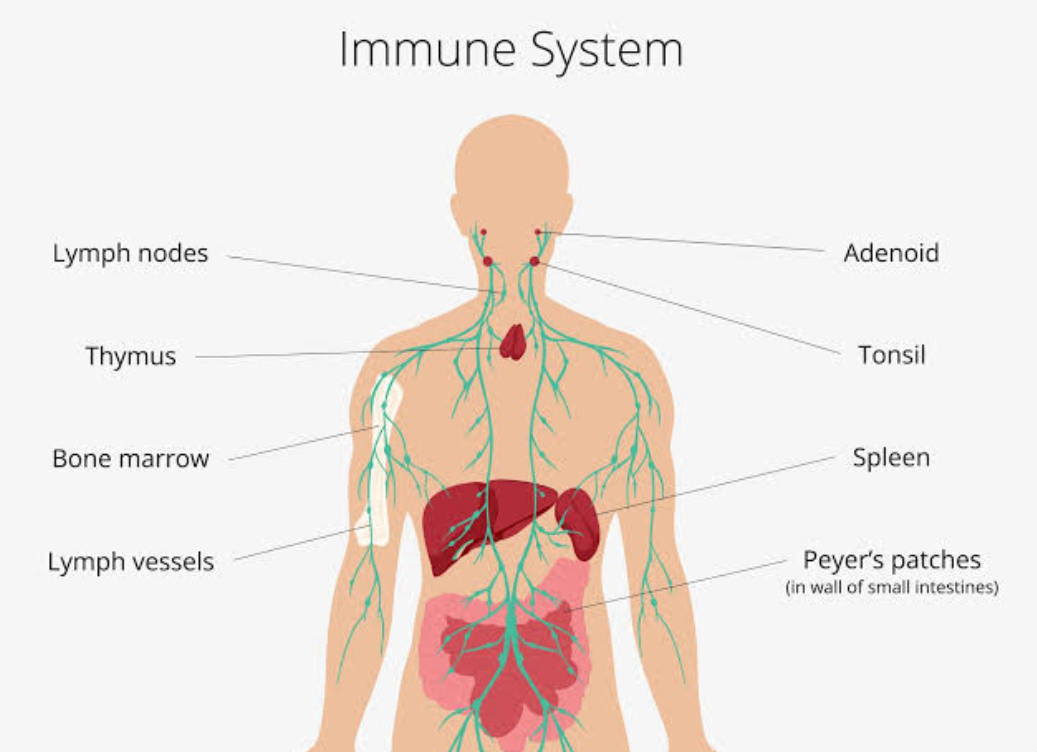
Frontline protection against infections and disorders in our body is provided by the immune system. Any kind of exercise is essential to strengthening this defence system. Frequent physical exercise has been connected to increased synthesis of white blood cells and antibodies, two important components in the fight against illnesses. Exercise also helps immune cells circulate, which guarantees quick reactions to foreign invaders.
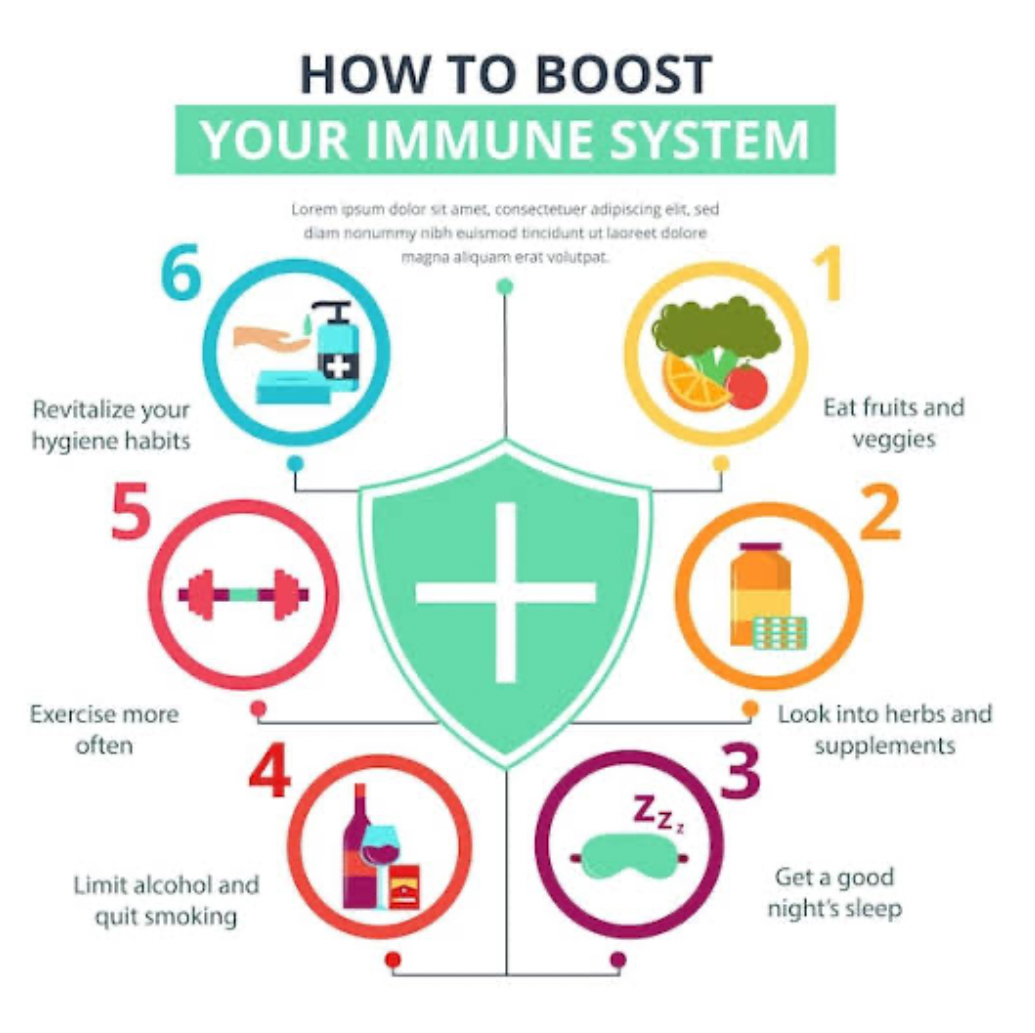
Exercise also sets off a series of healthy physiological changes, such as lower inflammation and oxidative stress, which, when chronically high, are harmful to immune system performance. Exercise also helps to create a good mood, which lowers stress levels and therefore boosts immunological function.
The Life Engine, Metabolism
All the intricate procedures by which our bodies turn food into energy are included in metabolism. Metabolic rate and efficiency are greatly impacted by regular exercise. Exercises that increase cardiovascular health—such as swimming, cycling, and running—improve blood circulation and the supply of oxygen to cells. Better waste removal and nutrition absorption follow from this increased metabolic efficiency.
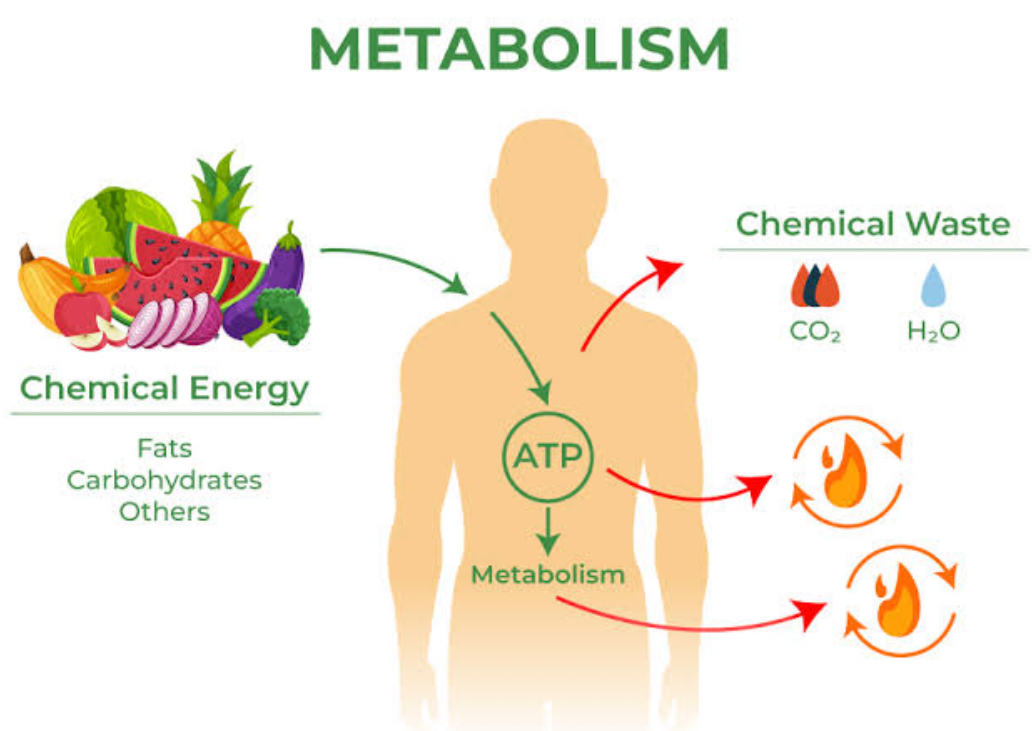
Conversely, muscular mass—which is metabolically active tissue—is increased by strength exercise. It follows that people with greater muscle mass burn more calories even when they are at rest than people with lower muscle mass. Furthermore, encouraging the release of hormones like testosterone and growth hormone, which are essential for controlling metabolism, is resistance exercise.
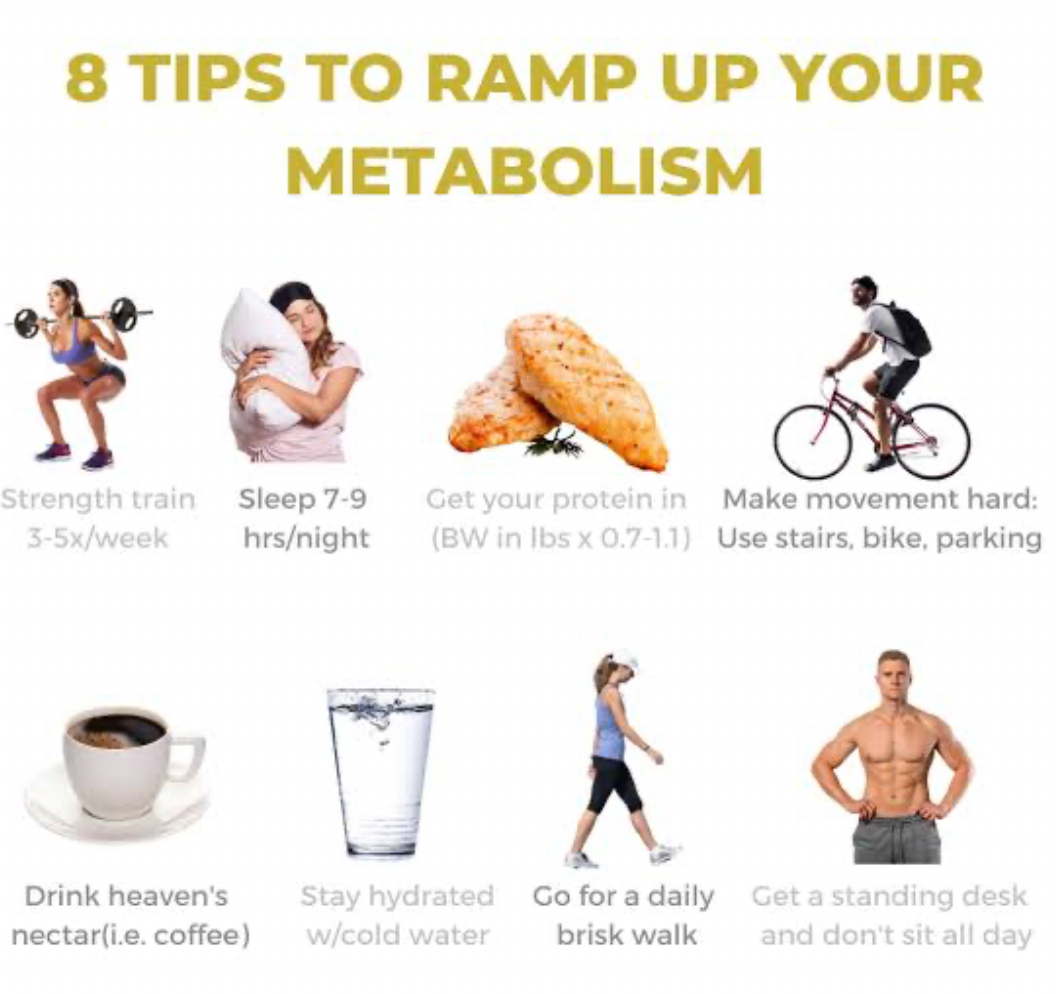
Exercise can also lower the chance of type 2 diabetes and insulin resistance by helping to control blood sugar levels. These benefits, taken together, make exercise a powerful instrument for preserving a normal metabolism.
The Vital Spark: Energy
Everything that moves a body, from simple cellular activities to intricate cognitive pursuits, is propelled by energy. Energy is produced more quickly when one exercises, which improves mental and physical endurance. Frequent exercise raises cardiovascular fitness, which increases heart and lung efficiency and blood supply to tissues rich in oxygen.
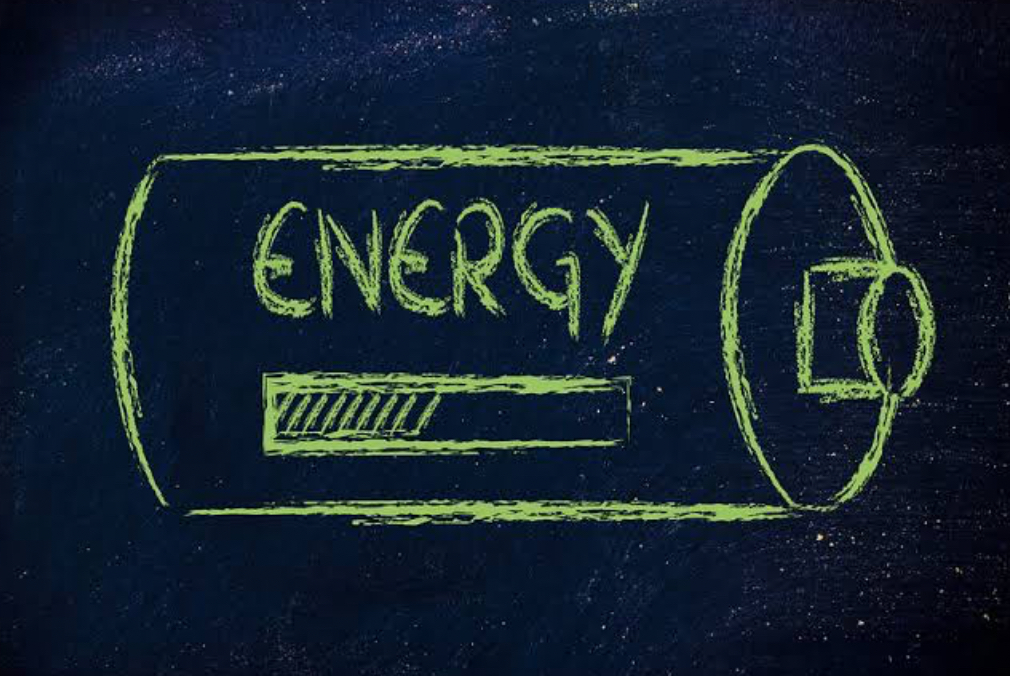
Exercise also increases the synthesis of mitochondria, the cells' powerhouses that produce ATP, the body's main energy currency. Greater energy generation from more mitochondria translates into more endurance and less exhaustion.
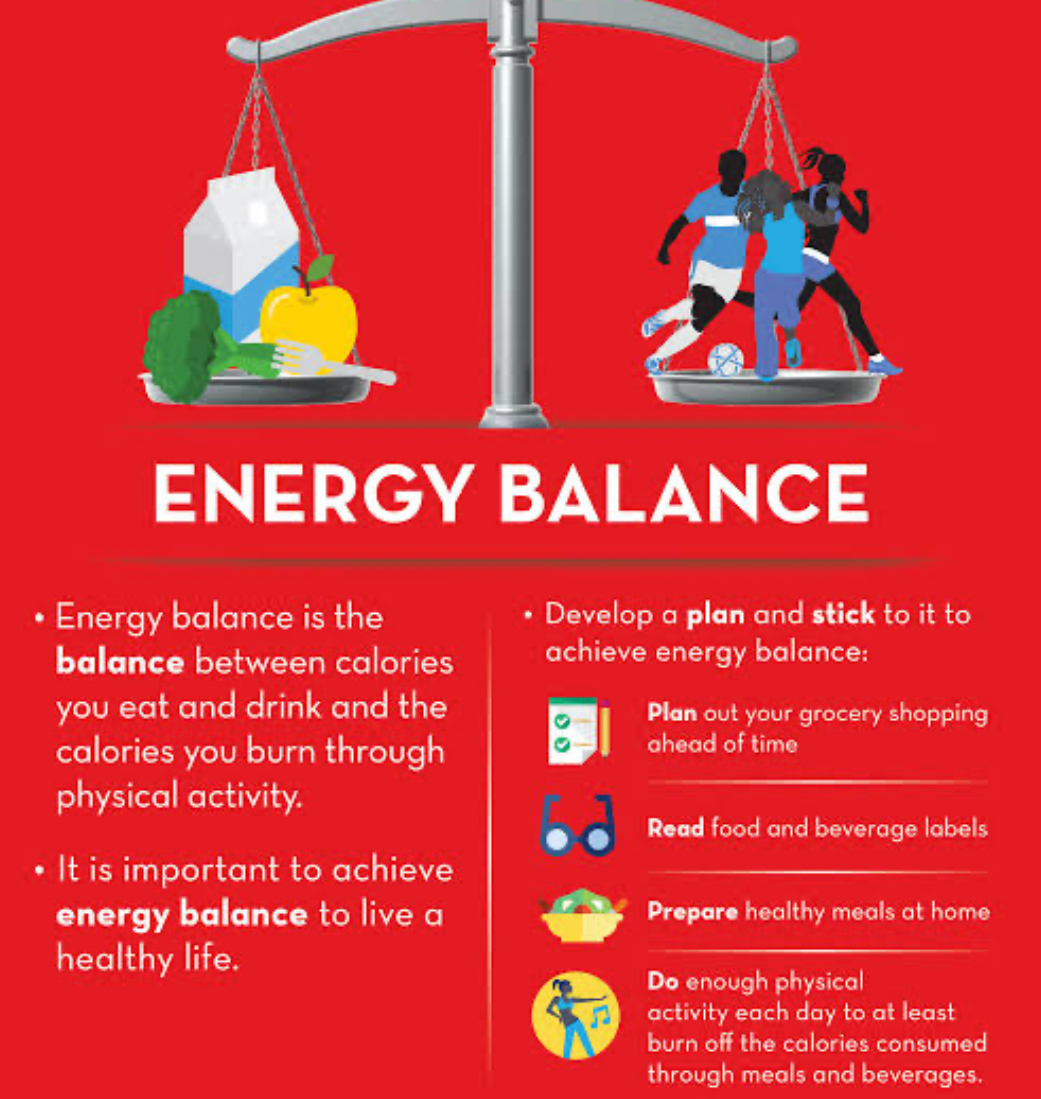
Exercise also greatly improves mental clarity and vigour. Exercise increases mood and alertness by releasing neurotransmitters such as serotonin, norepinephrine, and dopamine. Fighting stress, worry, and depression—all of which deplete energy reserves—is where this cognitive boost shines most.
The Force of Motion
Finally, exercise is a complex marvel that profoundly affects our immune system, metabolism, and energy levels. Frequent exercise improves our immune systems against diseases and speeds up metabolism for effective use of energy. The whole effect is a body that flourishes with energy, fortitude, and vigour.
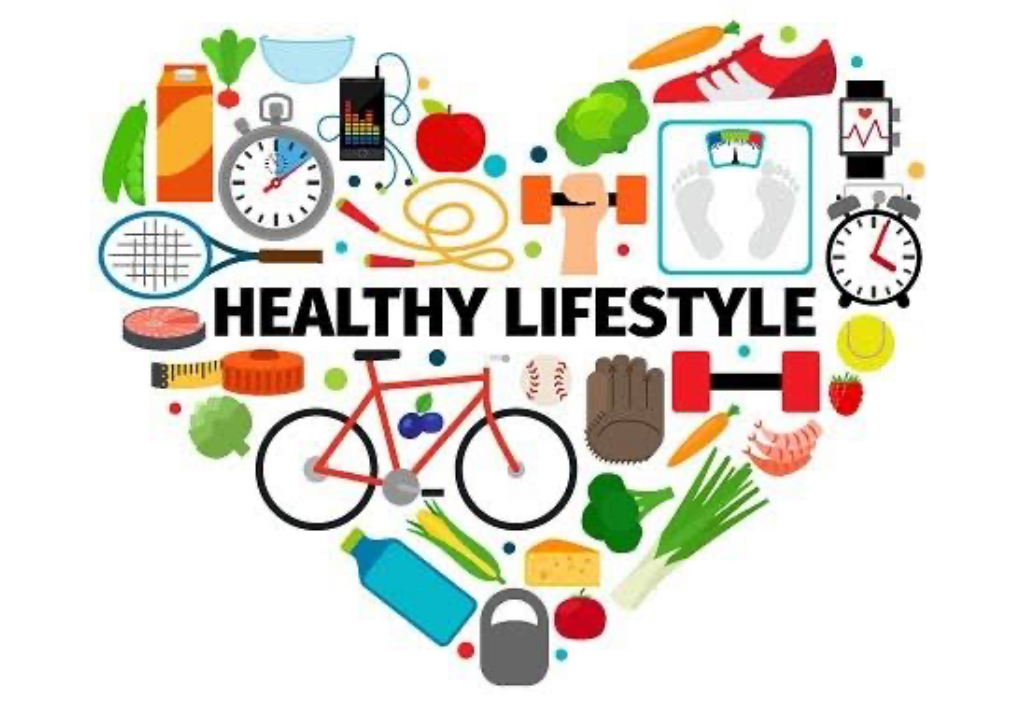
Gaining the entire range of advantages requires adopting a well-rounded exercise programme that combines strength training, flexibility exercises, and cardiovascular activities. The foundation of a healthy lifestyle is exercise, when combined with a wholesome diet and enough relaxation. Feeling fantastic and nourishing our bodies to work at their best are just as important as looking nice.
Let us then put on our trainers, go to the gym, dance to our favourite music, or just go for a little stroll in the outdoors. Every step advances a life of greater energy, happiness, and health.
Image Source: Multiple agencies
© Copyright 2024. All Rights Reserved Powered by Vygr Media.

















